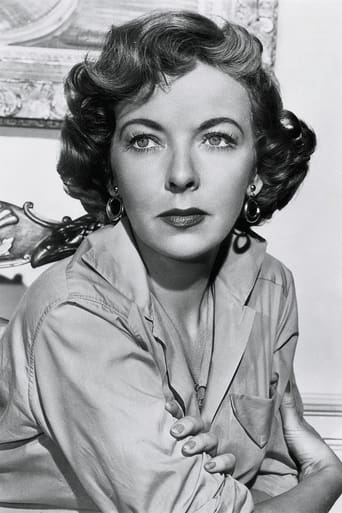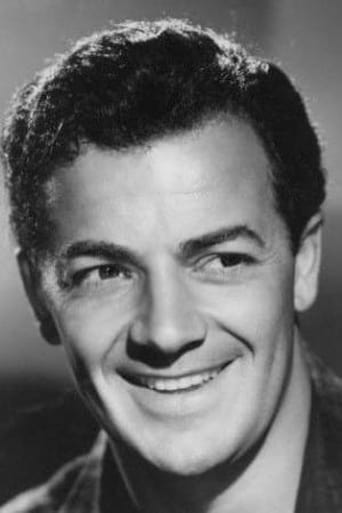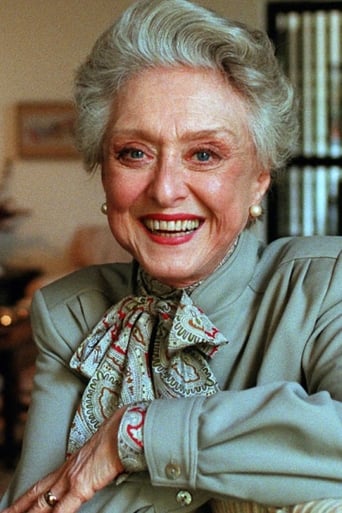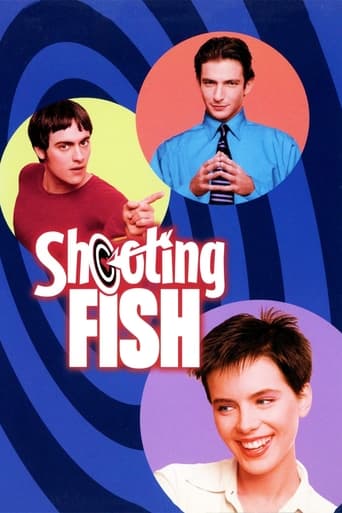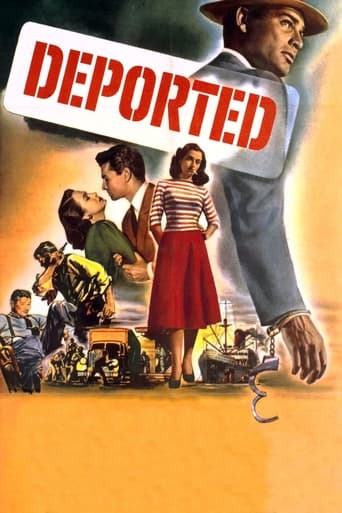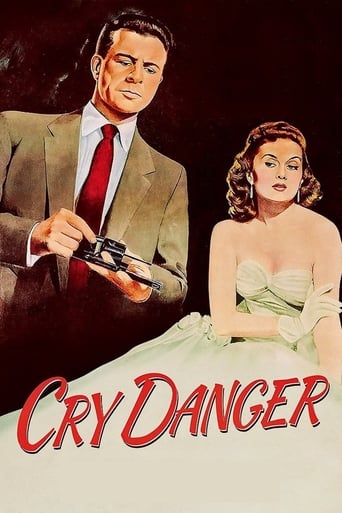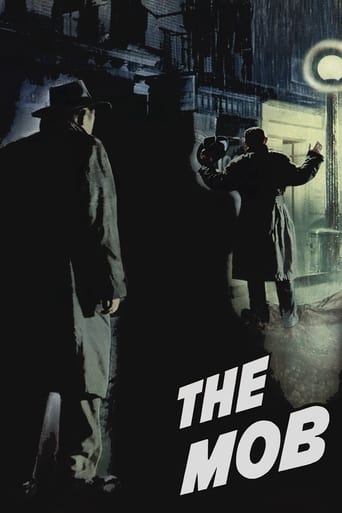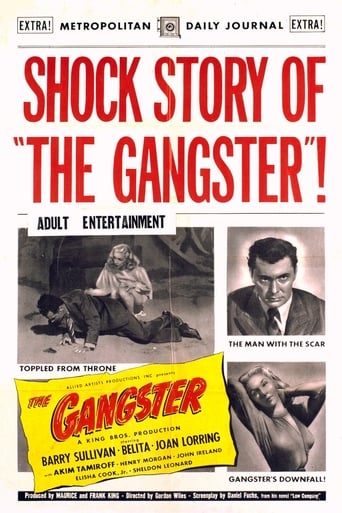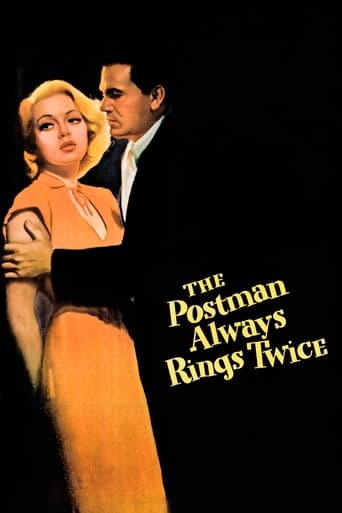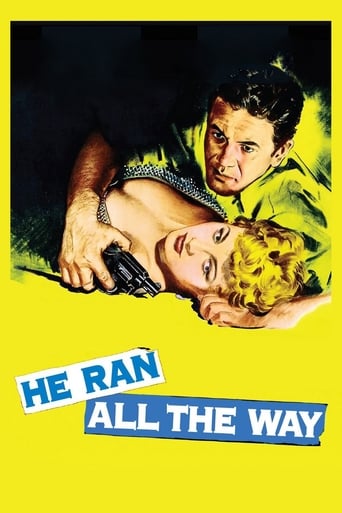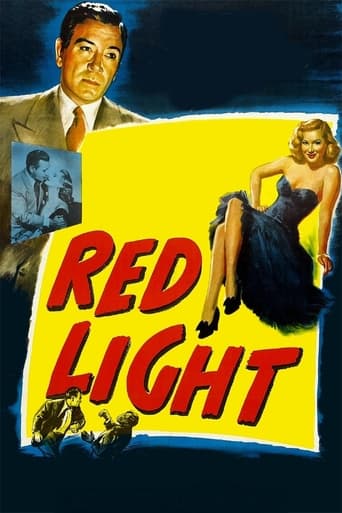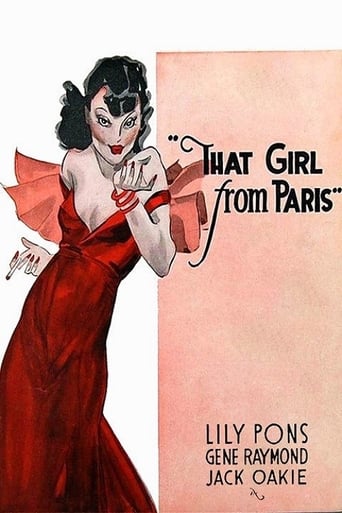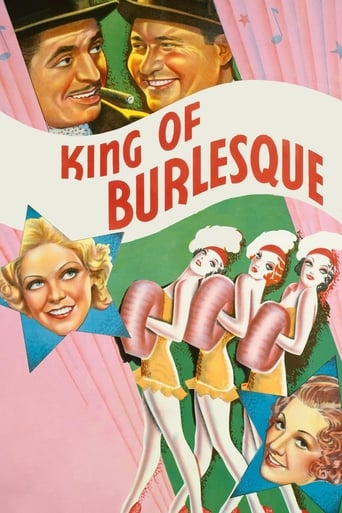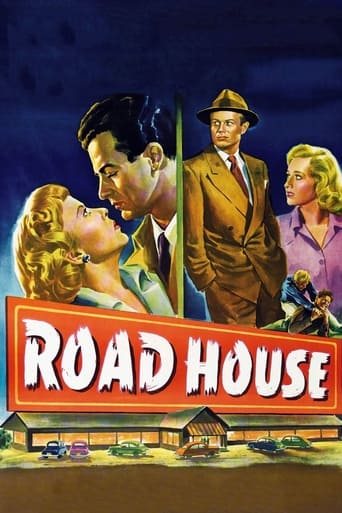
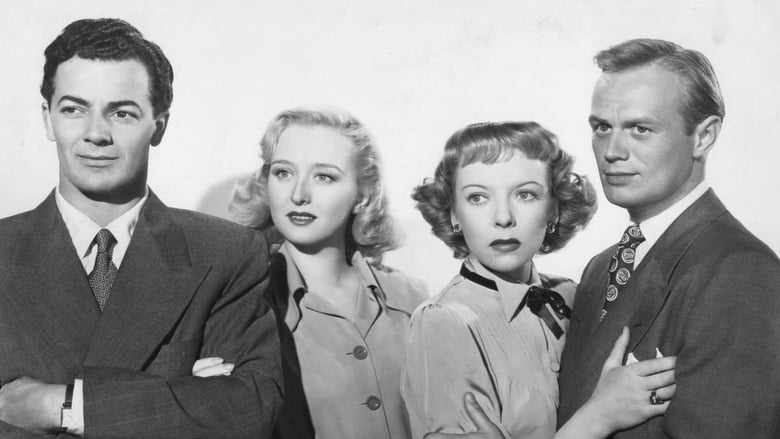
Road House (1948)
A night club owner becomes infatuated with a torch singer and frames his best friend/manager for embezzlement when the chanteuse falls in love with him.
Watch Trailer
Cast


Similar titles
Reviews
Thanks for the memories!
Sick Product of a Sick System
best movie i've ever seen.
The film never slows down or bores, plunging from one harrowing sequence to the next.
Screen written by producer Edward Chodorov, it stars Ida Lupino, Cornel Wilde, Celeste Holm and Richard Widmark (in his third film), and was directed by Jean Negulesco. The title was unfortunately reused for a Patrick Swayze –vehicle some 40 years later, so I thought that reviewing this classic might help those who've only seen the 1989 movie to forget.Although it features a now clichéd storyline – two friends from different backgrounds, one wealthy and another from a poorer family, that grew up from childhood through surviving a war together, end up clashing over the same woman as adults – Road House (1948) is film noir drama that will hold one's interest and is worth a look because of its stars' performances.The story, written by Margaret Gruen and Oscar Saul, was photographed by cinematographer Joseph LaShelle, who'd won his Academy Award four years earlier for filming Otto Preminger's Laura (1944) which, like this one, had a small but memorable cast. While there are a few other supporting players – such as an Arthur O'Connell lookalike (O.Z. Whitehead) playing a character that's aptly named Art, an uncredited Jack Lee as the dependable bartender Sam, and Ray Teal as (you guessed it) a policeman – the screen-time is dominated by the four principals.The film is set in the fictional small town of Elton (west of Chicago and not too far south of the Canadian border), population 14,270. The locale where most of the plot takes place is Jefty's Road House, an establishment outside of the one hotel town that features a restaurant, a bar, a bowling alley, and a décor that includes antlers (which is also the name of the hotel) and other hunter paraphernalia of its owner, Jefferson T. 'Jefty' Robbins (Widmark). It's managed by athletically-built Pete Morgan (Wilde), a former state bowling champion, who used to be a pin boy with his rich friend Jefty (at his father's alley).Enter Lily Stevens (Lupino), the latest in a long line of 'talent' that Jefty met during a drunken weekend in the Windy City; apparently, he woos the ladies by promising them a gig in his 'nightclub'. But when Jefty tires of them, it's Pete's job to "send them back where they came from". However, Lily doesn't fit the mold for two reasons – Jefty has yet to successfully overwhelm her with his charms AND she actually has talent or, as cashier Susie Smith (Holm) remarks, "she does more without a voice than anybody I've ever heard".Holm, in only her fourth film, plays a role that would become somewhat stereotypical for her – a part that Joan Blondell made famous – a sassy gal whose love is taken for granted by the movie's hunk (Wilde) and is therefore destined to fade into the background when the femme fatale (Lupino) arrives on the scene. True to form, she's got a "heart of gold" such that she becomes the new couple's ally when needed.Upset that Jefty has promised to pay Lily an inordinate amount ($250 per week for 6 weeks) which cuts into his profits (hence pay), Pete tries to force her to leave town before she's even sung her first torch song. But she's a tough streetwise road weary gal that's tired of drifting and ready to stay in one place for a while, hence her acceptance of Jefty's offer without the usual (sexual) reciprocals.Sure that his normal attributes will eventually win her over though, Jefty confidently puts Lily in the company of the muscle-bound Pete, whom he has to practically threaten to get to teach her to bowl. Naturally, Lily is quickly attracted to Jefty's more physically attractive friend, but her attempts to get Pete to play house with her are resisted until two things happen: Jefty leaves town for a week of moose hunting at his cabin in the wilderness AND a burly drunk named Dutch – who decides that the sexy singer is for him, during one of her more seductive songs – starts a bar brawl that causes Pete to 'fight for' and rescue Lily. After that, Pete succumbs and the two begin to make plans for a life together.However, when Jefty returns, he's made up his mind to marry Lily; he's even gone so far as to obtain a marriage license which he shows to Pete. But after Pete tells Jefty that he and Lily are in love and that they're planning to get married, Jefty becomes very angry. When Pete and Lily decide to leave town to elope, Jefty has them picked up by the police at the railroad station. Pete has been framed for robbery by Jefty; he is arrested, jailed and later convicted for the bogus charge, and sentenced to 2-10 years for the crime.But Jefty had convinced the judge to allow Pete to serve probation, under his care so that he could control his friend's relationship with Lily. Shortly after this, 'we' are treated to the cruel laugh that helped Widmark earn an Oscar nomination in his film debut as Tommy Udo in Kiss of Death (1947).But the additional illogical and contrived events that follow lessen rather than enhance what remains in this melodrama – instinctively most moviegoers will know that someone is going to die (and who) – though the aforementioned characters' traits are reinforced and refined: Lupino's is tough, Holm's is helpful, Widmark's is psychotic etc..
Road House is directed by Jean Negulesco and adapted to screenplay by Edward Chodorov from a story by Margaret Gruen and Oscar Saul. It stars Ida Lupino, Cornel Wilde, Celeste Holm and Richard Widmark. Music is by Cyril J. Mockridge and cinematography by Joseph LaShelle.When Jefty Robbins (Widmark) brings new torch singer Lily Stevens (Lupino) to the Road House he owns, it causes friction between Jefty and his boyhood pal Pete Morgan (Wilde). So much so it will have dire consequences for some...I guess this is a moose trap all around.Love triangle noir that comes away from the city and out to the sticks, Road House rises above the clichéd storyline to become engrossing entertainment. Narrative stays straight and true, two pals from way back are divided by the appearance of a woman on the scene, it's going to end bad for someone and the audience knows this, and they know who it's going to be, which sadly nullifies the mystery element. But the characters are well drawn and well performed, with Negulesco (The Mask of Dimitrios) able to paper over the cracks without using pointless filler. The big rewards here come in Widmark's coiled spring performance and the script which is full of acid tongued barbs and sardonic observations.The backdrop is most unusual in terms of genre conventions, the Road House of the title is an out of the way bar with a bowling alley out in back country Americana. This is a bar that reeks of moose hunting and forests, it's all very rustic and rural, with the fashions adorned by the principals reflecting their surroundings, but LaShelle's photography keeps us in the noir frame of mind with classic isolated lighting. There's also some musical numbers performed by Lupino, she has a husky voice that while it isn't exactly musical grace, it conjures up a feeling of too many cigarettes and bourbon, with a sadness befitting the mood of the songs, particularly where the standout "One For My Baby (And One More For The Road)" is concerned.Unusual at times and not as "drastic" as the source story hints it could have been, but very much one for the noir faithful to enjoy. 7/10
Any time you got Richard Widmark in a noir you know you got trouble...and he delivers...yet againI think there were really only ever 2 really bad or evil characters in noir and they were...Richard Widmark and John Garfield. These guys consistently portrayed flawed and rotten characters but Widmark was about as mean and nasty as they came. He was the master of the loathsome worm -like guy who always made it miserable for every other character but his own.Jefty is a guy who owns a Road House and his best friend from childhood runs the joint. He comes back from Chicago with another girl he deems great to sing at his place at an inflated rate. His friend thinks it's another of his crush's but low and behold...she can sing. Jefty has the hots for her but she has no interest in him...only his friend. Now Jefty is a fairly nice guy but when the news is delivered they love each other, he doesn't take to it very well. After this, it's go time for Richard Widmark and his trademark Mr. Evil character to blossom...and man does it.Trust me folks, if you want sheer evil in film you should see just about any noir Widmark ever did. He shoulda done film class 101 on scumbags on film and how to do em. In this one, you'll cringe at what he does in the second half of this film.Sit back and wait for the payoff in this noir gem...it'll most certainly be worth your wait.
The lovely Ida Lupino and curiously handsome Richard Widmark deliver brilliant performances in this classic film noir about a love triangle in a small town bowling alley. Widmark is cast as the owner of the bowling alley who hires Lupino to sing in the bar. We learn that this is his way of meeting new women so his best friend, convincingly portrayed by Cornell Wilde, tries to dump Lupino at the railway station before she causes any trouble. Of course, she refuses to leave and ends up in a love triangle with Widmark and Wilde.Lupino exudes star quality in a truly amazing performance as a sultry, world-weary night club singer in search of redemption. Her mannerisms, vocalizations, and facial expressions are superbly nuanced and define her as one the best actresses of her generation, comparable to Bette Davis. Widmark gives a mesmerizing performance as a repressed psychopath who naively deludes himself into believing Lupino will marry him, then goes off the deep end when he discovers she is in love with his best friend. In the final scenes, he explodes in a virtuoso display of controlled insanity that characterized his early career as an actor. The direction and cinematography are excellent with beautifully composed shots and lingering close-ups of the stars. There is some sharp dialog and the rest of the cast deliver convincing performances, making this an outstanding film noir. Highly recommended.



